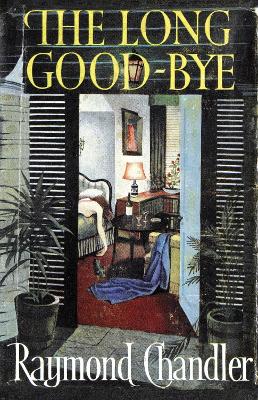Reviewed by Michael @ Knowledge Lost on
In the book Marlowe forges an unhealthy friendship with a drunk, which lands him in a situation he could have avoided, if he wasn’t loyalty to his friends. Which leads him into a whole lot of situations that could have been avoided; but this does make for an interesting and unique story. The dialog and the situation make this book possibly the best Marlowe book written (in my opinion). It’s tight and well planned, the story is a lot less complexity, but more socially relevant.
I love this character and I’m sad to be almost at the end of all the Marlowe books, but this one will stand out more than the others for the depth and biographical nature. Don’t expect this book to be the same as all the other Hard-Boiled novels Raymond Chandler wrote, this is definitely unique.
Reading updates
- Started reading
- 24 August, 2011: Finished reading
- 24 August, 2011: Reviewed
